Today’s labor market is one of the most challenging it has been in decades. HR data proves that since 2020 and the pandemic, workers are discovering they have choices and are more selective about which employer they wish to work for. Due to these changes, it is no wonder anyone would think about taking on talent acquisition positions. But that’s not the case. Instead, professionals are finding a large amount of job satisfaction performing in talent acquisition roles.
What is a talent acquisition
The broad definition of talent acquisition is the process of finding the right person for the job. Talent acquisition usually is under the umbrella of HR human resources in a corporate setting. The key components are searching, identifying, attracting, acquiring, assessing, and hiring candidates to fill open positions in the organization.
Not to be confused with recruiting which is focused on the organization’s short-term headcount need. Talent acquisition is more involved with a company’s long-term goals, concentrating on HR strategies. Talent acquisition plays a part in the company’s future successes by continuingly identifying and vetting top candidates for all levels in the company including senior positions and hard-to-fill roles, through strategic planning and execution.
What are the 3 types of talent acquisition professionals
Not all professionals involved with talent acquisition fall into the exact job definition. Depending on their key goals, duties and responsibilities, these professionals use their unique skill sets to drive the human resources department in staffing achievements.
Talent acquisition specialist
This person is more hands-on with the talent acquisition process for the company. They are involved in the entire life cycle of recruiting. They assist with succession planning, sourcing, candidate screening, training management, legal compliance, and reporting. They also have a hand in candidate development and hiring planning.
This role involves creating attractive job descriptions on job boards and the company career website. They source for candidates and perform the first screening. Talent acquisition specialists are a part of the interviewing process conducting interviews themselves or advising managers during the recruiting process. They’ll be in charge of all administrative duties involved with the hiring cycle. This person may also be a consultant for future hiring needs and strategies to do so successfully.
For success in this role, the individual must possess strong communication skills. In addition, they would need to know various sourcing strategies, interview methods and knowledge of how job boards work and which social media platforms offer the best resource for the specific candidate being sourced.
Companies may require a bachelor’s degree in business or human resources for this role. Still, experience within the industry that this person is recruiting for, and a track record of successful placements will go a long way for this person to flourish in this position.
Talent acquisition manager
Much like the title insinuates, this person manages the work of the talent acquisition department. Though the position can look different depending on the company’s size, in general, this person oversees the planning, developing, and implementing acquisition strategies that reach company goals.
This person may be part of assessing current employee needs and attending university-supported job fairs. In addition, they work to plan procedures for improving the candidate experience and play a key role in executing the employer’s branding to attract more qualified candidates.
To be successful in this role, the manager would also need keen knowledge of HR laws and experience working with many job posting sites and professional social media platforms. In addition, they also need the know-how of various interviewing methods that get the vital required information from candidates to make wise hiring decisions and keep the company compliant with the different laws governing employment.
It is less likely that having a bachelor’s degree in Business or Human Resources would be required to hold this position, but employers will still be looking for years of experience in the field when hiring for this role.
Head of Talent acquisition
This person may be considered at the top of the talent acquisition department, overseeing the department under them. They would keep a finger on the company’s staffing needs and work closely with HR business partners or CEOs with the development of talent acquisition strategies to combat challenges.
Their day-to-day work would include developing programs for employee retention and learning and managing tools, collecting data, and running reports – all of which they would use to build and direct teams to accomplish company hire objectives.
Success in this role comes from a solid ability to communicate effectively. In addition, this person should have the talent to build solid relationships with all levels of employees. By understanding the dynamics of a team, this person can develop and drive a result-driven crew. Plus, this person should come with strategic thinking and the mind to solve problems.
A university degree would most likely be required for this role, again specializing in Business or Human Resources. A lengthy amount of experience would also be necessary for top management to hire this person for the position. A resume of past accomplishments would be in order with top references.
How data supports the requirements of talent acquisition
Being in the role of talent acquisition comes with challenges. To be most effective in these positions, they need to keep updated with the best practices and strategies to stay competitive in a tight labor market. HR data can allow any company to improve its chances of making the right hire. Leveraging an HR data dashboard, like what’s provided by Employee Cycle, enables HR professionals to make the best decisions about talent acquisition. With the ability to gather data from dozens of HR platforms, Employee Cycle unifies all of your relevant talent acquisition data into a single, unified dashboard – allowing you to make data-driven decisions regarding talent acquisition. A bad hire can be costly – and having the information that helps target the right candidate and predict a candidate’s success in a job is vital. Schedule a demo today to learn how to leverage Employee Cycle to support your talent acquisition objectives.













